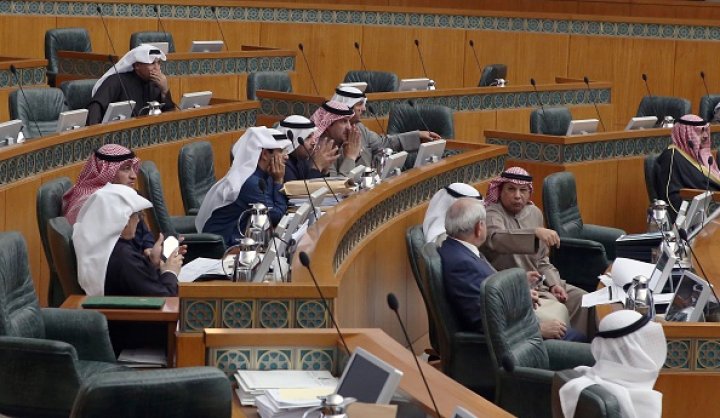This week, Kuwait’s parliament passed two new laws increasing the government’s power to censor internet media and restrict free expression. On Monday, lawmakers decided that a jail term of up to ten years would become the official punishment for a range of online expression. Then on Tuesday, the parliament passed an additional bill regulating all “professional” media, including news outlets, and criminalizing any criticism of religious figures, foreign leaders, or government officials. The bill also required all web-based publications to possess a government license, without which their publishers could face jail time. Although blogs were not included for regulation in Tuesday’s bill, the criminalization of any criticism of the state extends the government’s control to those as well. These new laws augment the government’s existing prohibition on any criticism of the emir, which is punishable by up to five years in prison.
These laws are part of a wider trend in Kuwaiti government policy aimed at limiting press freedom over the last two years. In 2014, the government enacted several new laws that allowed it to block internet content and revoke service providers’ licenses at will. It also revoked the citizenship of some of its critics, without allowing any judicial appeal or review of these actions. Prior to this wave of censorship laws, Kuwait had seen a decade of popular democratic activism, culminating in the protests of the Arab Spring.
Margaret Bailey is an Advocacy Intern at ADHRB.





